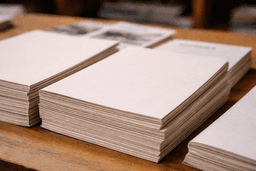
Abusive lawsuits against journalists are on the rise. Here’s how to get help
Interview with Flutura Kusari of the European Centre for Press and Media Freedom
The Fix Newsletter
Everything you need to know about European media market every week in your inbox
40 articles • 0 Followers











